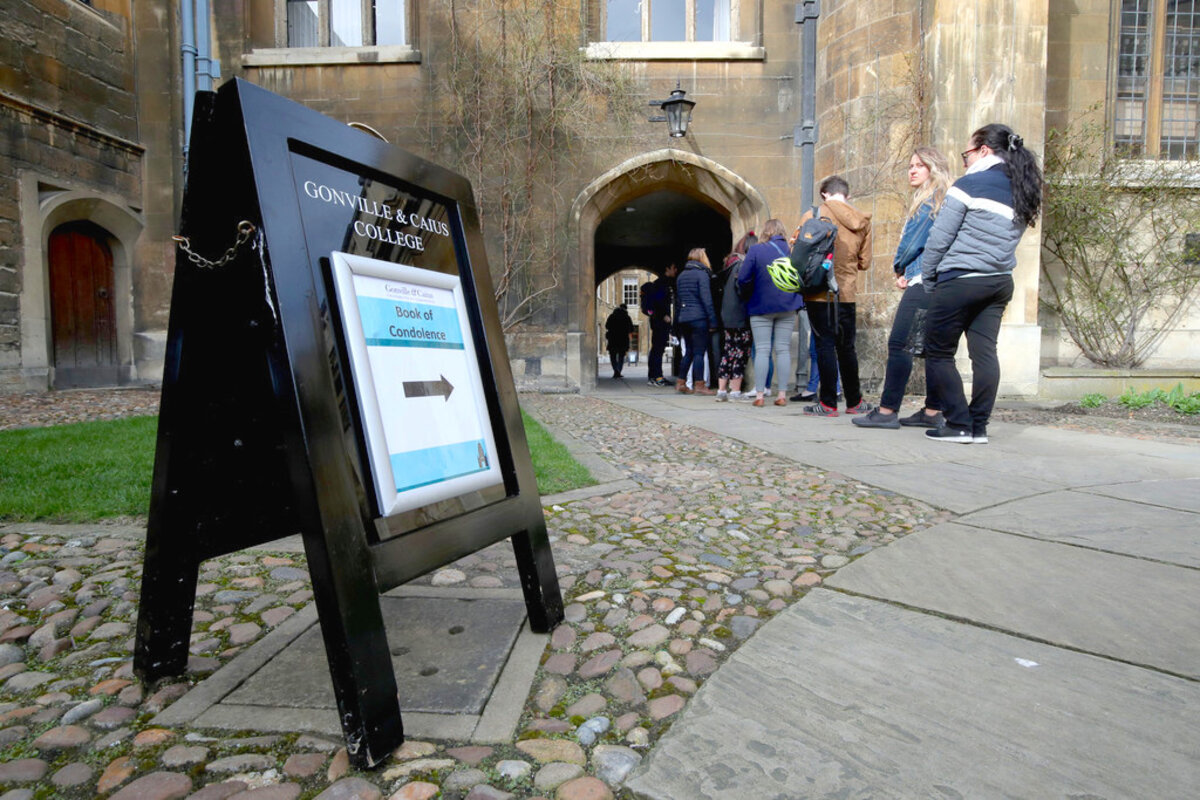An antiabortion Democrat? In Chicago – and across the United States – Democrats are in the beginning stages of defining their identity in the age of President Trump.
Monitor Daily Podcast
- Follow us:
- Apple Podcasts
- Spotify
- RSS Feed
- Download
 Mark Sappenfield
Mark Sappenfield
This weekend, the war over good governance took the form of a volley of 280-character grenades.
When the Trump administration fired a Federal Bureau of Investigation official, the president tweeted that the agency was “in tatters” and the firing was a “great day for democracy.” A former head of the Central Intelligence Agency begged to differ, telling the president, “[Y]ou will not destroy America...America will triumph over you.”
It was an extraordinary bit of social media brinkmanship even for this unique time in political history. President Trump’s tweets came increasingly near the core tension of his administration: With his voters’ blessing, Mr. Trump dearly wants to be America’s CEO.
The problem is, that’s not what the Founding Fathers envisioned.
There is a genius to democratic government. It is the means by which societies solve problems. When the gears are jammed, it’s probably because society’s gears are jammed – and unjamming them with a CEO’s penstroke generally means running roughshod over someone’s liberties.
Small government? Big government? One fascinating study suggests that’s irrelevant. Good government is what matters. And in that project, the Founders might suggest, we are the CEOs.
Here are our five stories for the day, looking at whether trade has to create winners and losers, what greatness means to President Vladimir Putin, and how some communities are taking a different approach to gun violence.










